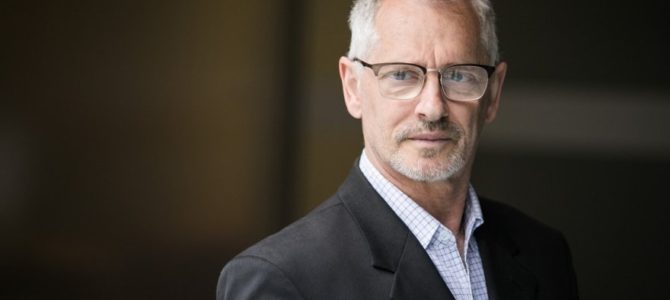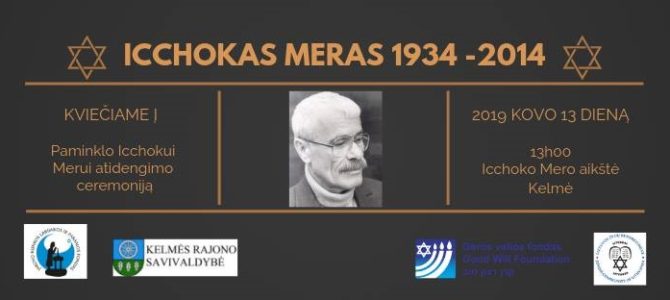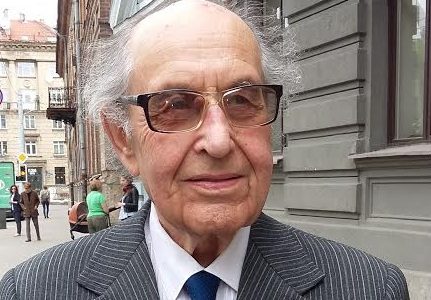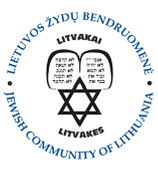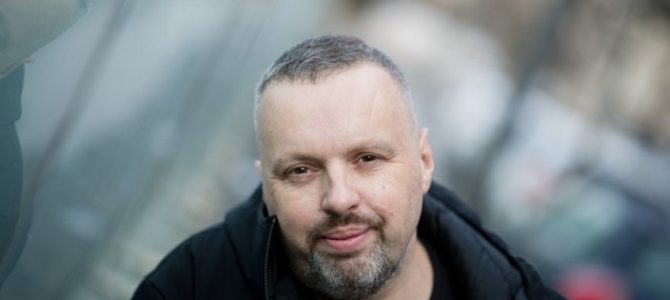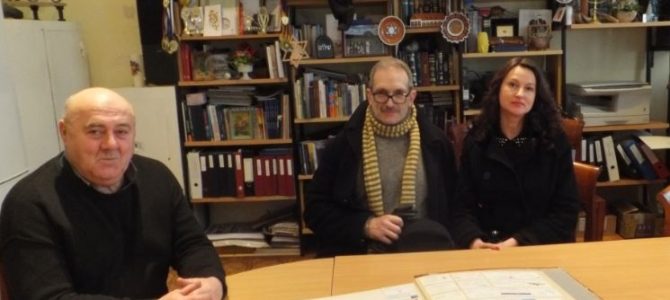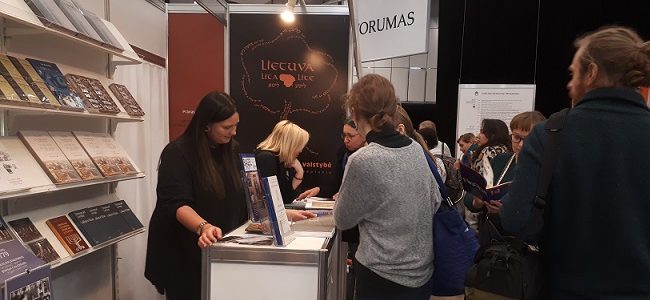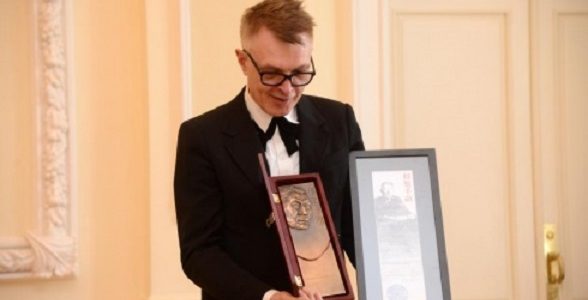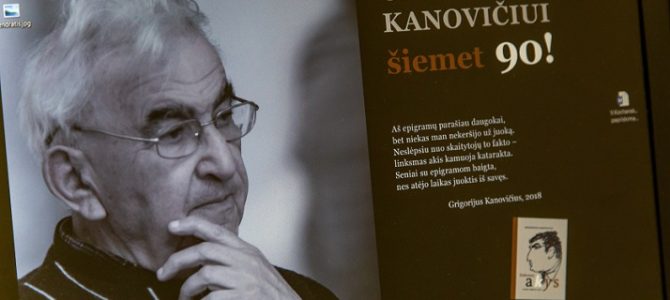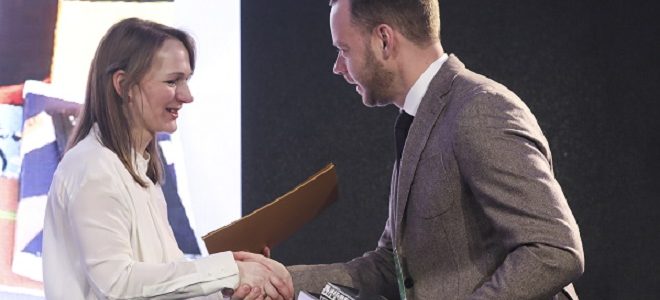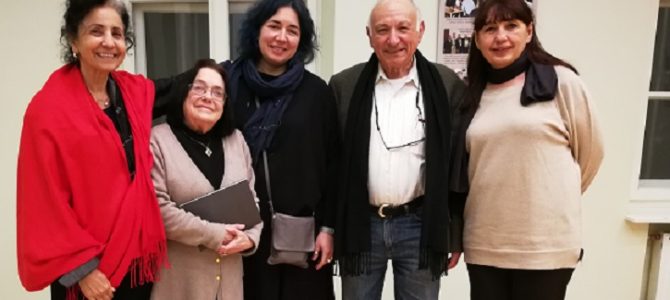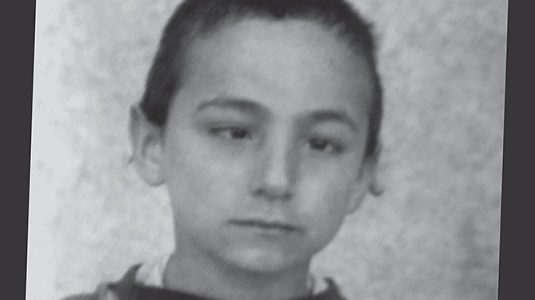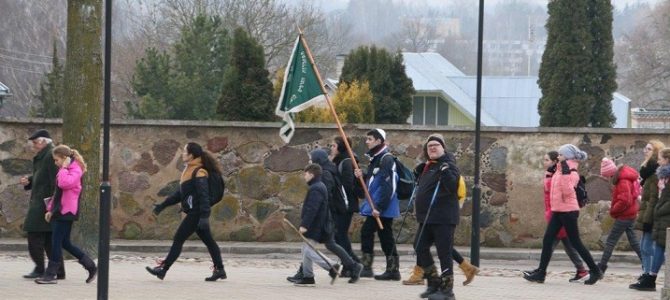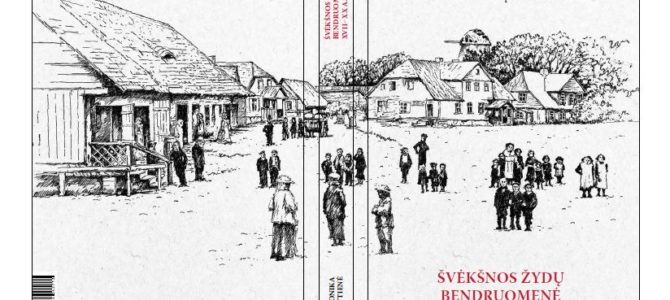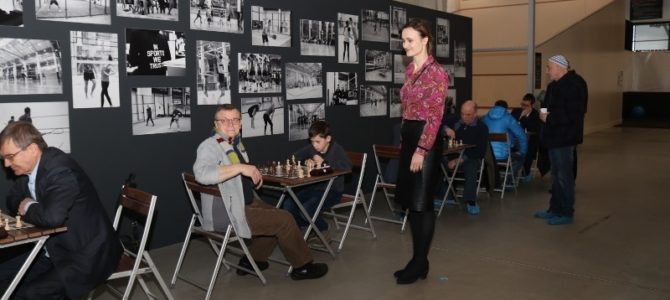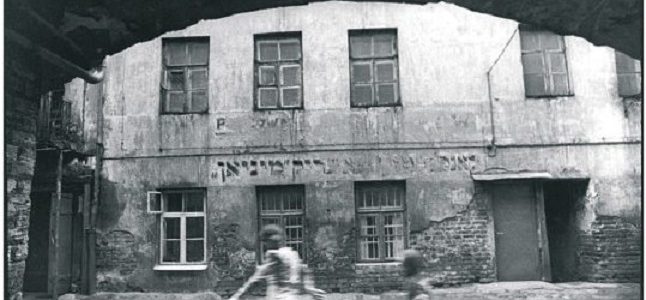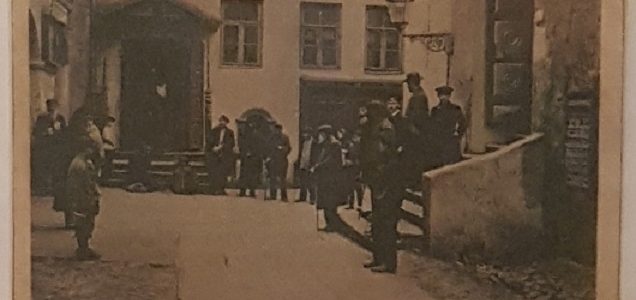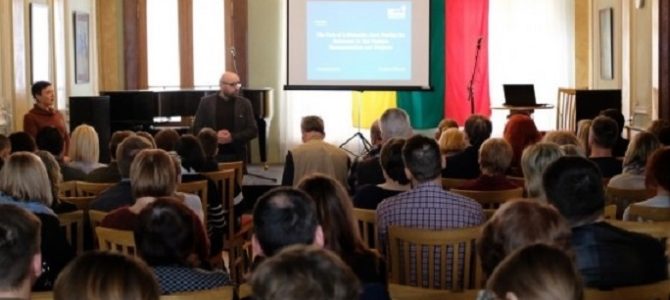by Arkadijus Vinokuras
At 10:00 A.M. on Tuesday, March 5, at Žygimantų street no. 2 in Vilnius, the Vilnius District Administrative Court undertook a special case. Lithuanian citizen Grant Gochin petitioned the Vilnius District Administrative Court to render a decision on whether the Center for the Study of the Genocide and Resistance of Residents of Lithuania is, in the plaintiff’s words, “blindly defending Jonas Noreika who has the blood of his fellow Lithuanian citizens, Jews, on his hands.”
The Genocide Center stands accused of lying, falsifications and down-playing obvious facts in its refusal to review newly-discovered documents showing Noreika participated in crimes of genocide against Lithuanian citizens.
How does Genocide Center director Teresė Birutė Burauskaitė respond to these accusations made againt her institution? On November 16, 2015, she posted a statement on the Genocide Center’s facebook page: “Neighbors from the East are organizing the desecration of Lithuania’s patriots. They are being aided not just by certain Jews, but a sufficiently large number of Lithuanians as well; their surnames are signed under requests to revoke medals and take down plaques and are the by-lines in libelous articles in the press… Some of them do this intentionally, others out of foolishness…”


